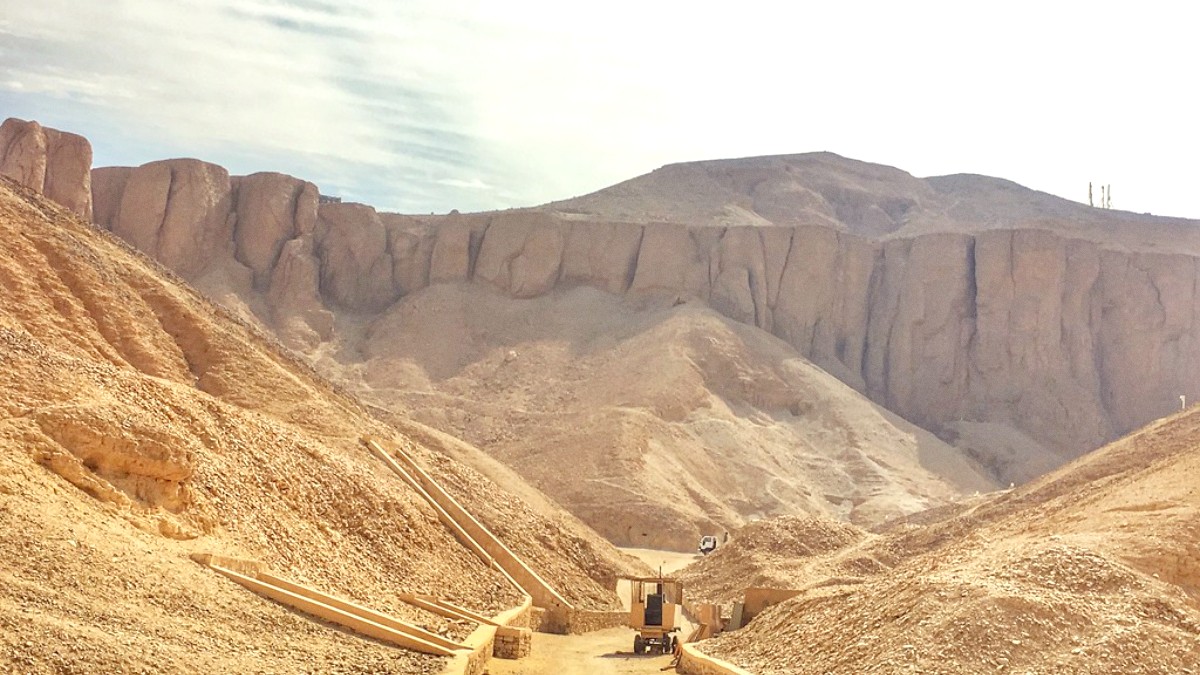
Luxor, Egypt
Luxor has an arid desert climate. Summers are very hot and dry, while winters are mild and dry. Virtually no rainfall occurs. Humidity stays very low year-round.
October to April: Days are generally warm to hot, with temperatures between 25-35°C (77-95°F). Evenings are cool, ranging from 10-15°C (50-59°F).
Archaeological site visits (including Valley of the Kings) during October to April offer comfortable conditions. For hotter months, visit immediately upon opening (early morning) to avoid peak heat.
Nile cruises are popular and comfortable during the high season. Hot air ballooning is optimal from October to April when winds are generally calmer and temperatures are more favorable for early morning launches.
Severe heatstroke and dehydration risks in summer.
Protect from sun, hydrate constantly.
Potential for heat-related illness.
Khamsin winds reduce visibility and cause discomfort.
Mainly in spring (March-May).
Reduced visibility, respiratory discomfort.
October to April for comfortable site visits.
Visit early to avoid heat, even in shoulder season.
Avoid strenuous activity during peak sun hours.
The Egyptian Pound (EGP) is the local currency. ATMs are widely available. Banks and official exchange offices offer competitive rates. Avoid street money changers. Larger hotels and shops accept credit cards; smaller establishments prefer cash.
Eat local for inexpensive meals. Negotiate prices for taxis and souvenirs. A Luxor Pass offers savings for multiple site visits. Utilize the inexpensive public ferry for Nile crossings.
EGP 1000-1800 (USD 20-35) per day.
EGP 2500-5000 (USD 50-100) per day.
EGP 7500+ (USD 150+) per day.
Hostels from EGP 150, luxury hotels EGP 2500+.
Valley of the Kings standard entry EGP 400 (USD 8-10).
Maintain your health and safety during your Luxor trip. Knowledge and readiness limit issues.
No mandatory vaccinations for general entry. Consult a travel health professional 4-6 weeks before travel. Common recommendations include Hepatitis A & B, and Typhoid.
Drink only bottled water; check seals. Avoid tap water, even for brushing teeth. Eat at reputable establishments. Ensure food is cooked thoroughly and served hot. Be cautious with street food.
Consider bringing these items for added safety and convenience.